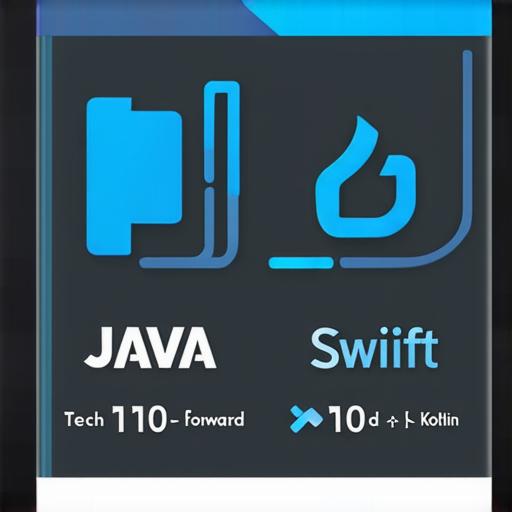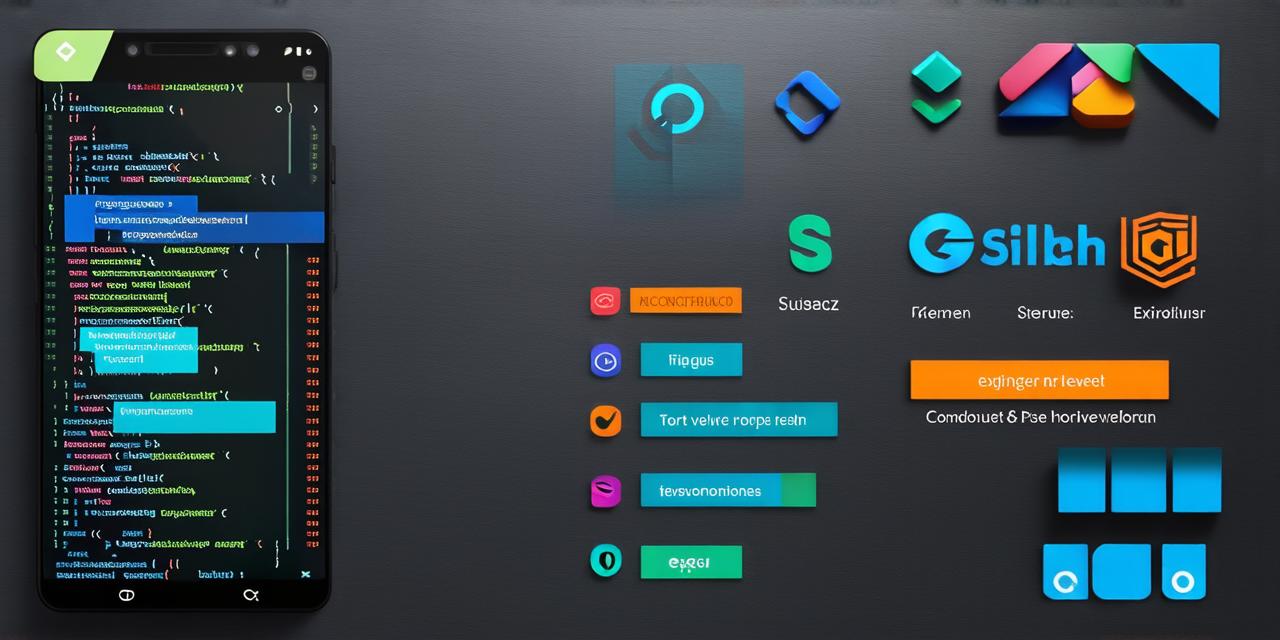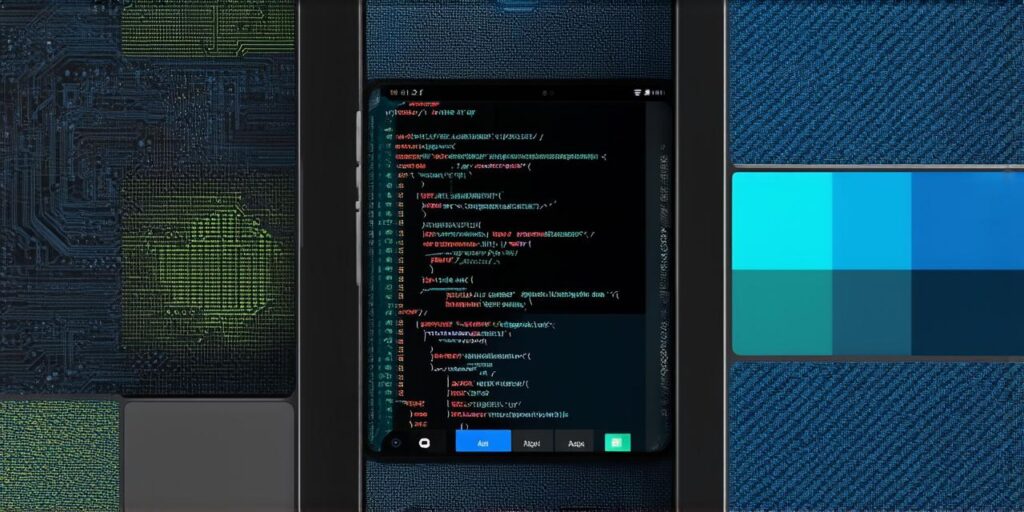When it comes to developing mobile applications, there are several factors to consider before deciding on the optimal programming language. Here are some of the most important points to keep in mind:
-
One of the first things to consider is which platform(s) your application will be running on. For example, if you’re developing an app for iOS devices, you may want to use Swift or Objective-C. On the other hand, if you’re building an app for Android, you may prefer Java or Kotlin.
-
Another important factor is performance. Some programming languages are better suited for certain types of applications than others. For example, if your app requires high levels of performance and responsiveness, you may want to consider using a language like C++ or Rust, which are optimized for speed and memory usage.
-
The size and activity of the community surrounding a particular programming language can also play a role in its suitability for mobile app development. Languages with a large and active community tend to have more resources available, such as tutorials, libraries, and tools, which can make development faster and easier.
-
Finally, the ease of use of a programming language is also an important factor to consider. Some languages are more complex and require more expertise to master, while others are more straightforward and can be learned relatively quickly. This can impact the time and resources required for development.

In conclusion, there is no one-size-fits-all answer to which programming language is optimal for developing mobile applications. The best choice will depend on a variety of factors, including platform support, performance requirements, community support, and ease of use. As such, it’s important to carefully evaluate these factors before making a decision.



